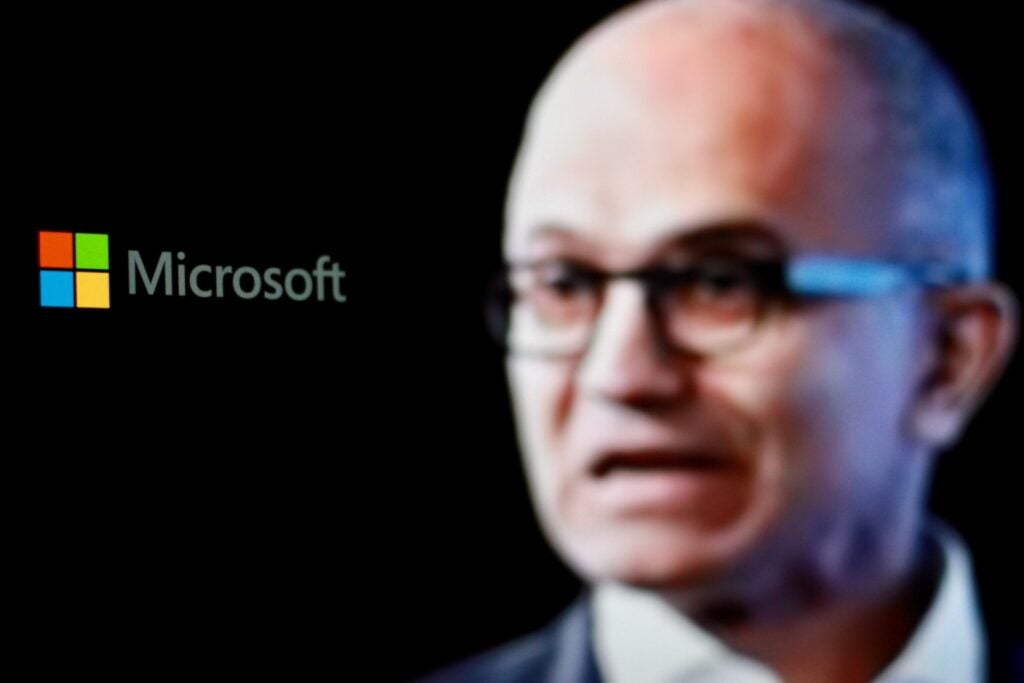NEW YORK (Reuters) – The New York attorney general’s office is preparing an insider-trading lawsuit against Eastman Kodak Co and its top executive, focusing on stock purchases that preceded an ill-fated deal with the Trump administration to finance a pharmaceutical venture during the COVID-19 pandemic, according to the company and people familiar with the matter.
The emerging civil case centers on Executive Chairman Jim Continenza’s June 23, 2020, purchase of nearly 47,000 Kodak shares, Kodak said in a quarterly Securities and Exchange Commission filing on Monday. Continenza, the company chairman starting in September 2013 and executive chairman since February 2019, took on the additional role of CEO in July 2020.
The trades occurred weeks before the Trump administration unveiled a tentative agreement to lend the company $765 million backing production of pharmaceutical components for help fighting the pandemic. Kodak’s stock experienced a roller coaster following the late-July announcement, skyrocketing more than 1,000% before falling.
New York Attorney General Letitia James’s office did not immediately respond to a request for comment.
The investigators are seizing on Continenza’s alleged knowledge of material nonpublic information surrounding negotiations for the government loan when he purchased Kodak shares, according to the company and people familiar with the matter.
In a statement provided to Reuters, Kodak said Continenza did not possess material nonpublic information when he purchased his shares and “did not engage in insider trading.” Kodak declined to make Continenza available for comment.
Kodak pointed to an investigation conducted by its outside law firm, which found Continenza’s purchases were approved by the company’s general counsel. The purchases, made at a weighted average price of $2.22 per share, were in compliance with Kodak’s insider-trading policies and did not violate securities regulations or other relevant laws, the review found.
Continenza has also regularly purchased stock during internally approved time windows, which included the June 2020 trades, and has never sold his shares, the company said.





